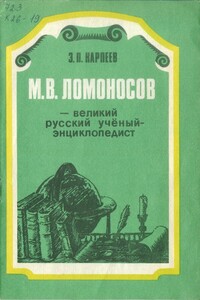Английский язык для специальных и академических целей: Международные отношения и зарубежное регионоведение. Часть 1 | страница 21
2. What, in your opinion, determined the outcome of the Scottish independence referendum?
DON'T LEAVE US THIS WAY
Why we hope the people of Scotland will vote to stay in the union
Jul 12th 2014 | the Economist http://www.economist.com/news/leaders/21606832-why-we-hope-people-scotland-will-vote-stay-union-dont-leave-us-way
BRITAIN does not feel like a nation on the verge of cracking up. Many have clutched patriotic flags and wept this summer — but most of them were fans of the England football team, distressed by its rapid exit from the World Cup, not activists demonstrating for and against the breakup of their country. Yet a 307-year-old union, which once ruled a third of humanity and still serves as a role-model to many, could be on the verge of dissolution, because the people of Scotland will vote on independence in a referendum on September 18th.
Opinion polls suggest the Scots will decide against leaving, but it is the nationalists who have fire in their bellies, and Alex Salmond, the leader of the Scottish National Party (SNP), is a strong finisher. Even a narrow victory for the status quo would be the biggest blow to the United Kingdom since 1922, when the Irish Free State was born. The campaign has been a bad-tempered one, marked by growing Scottish anger at English complacency and indifference while English resentment of Scottish whingeing and freeloading has risen: only a strong vote for the union will bury this issue.
If the Scots vote to leave, they should of course be allowed to, with Britain's blessing. A desire for self-determination is a strong basis for a claim to nationhood, and there is no reason to think that an independent Scotland would be a disaster, any more than an independent Ireland has been.
But The Economist, itself a product of the Caledonian liberalism of Adam Smith and David Hume, hopes the Scots will decide to stay. That is partly because we believe that a break-up would benefit nobody: on most measures the certain costs for people on both sides of the border far outweigh the uncertain gains. But it is also because much would be lost. Despite the occasional appearance of muddle, there is a point to the union, and one about which liberals should feel passionate.
Strong arguments are needed to justify a step as big as breaking up a nation. Scottish nationalists argue that an independent Scotland would be more prosperous and more democratic.



